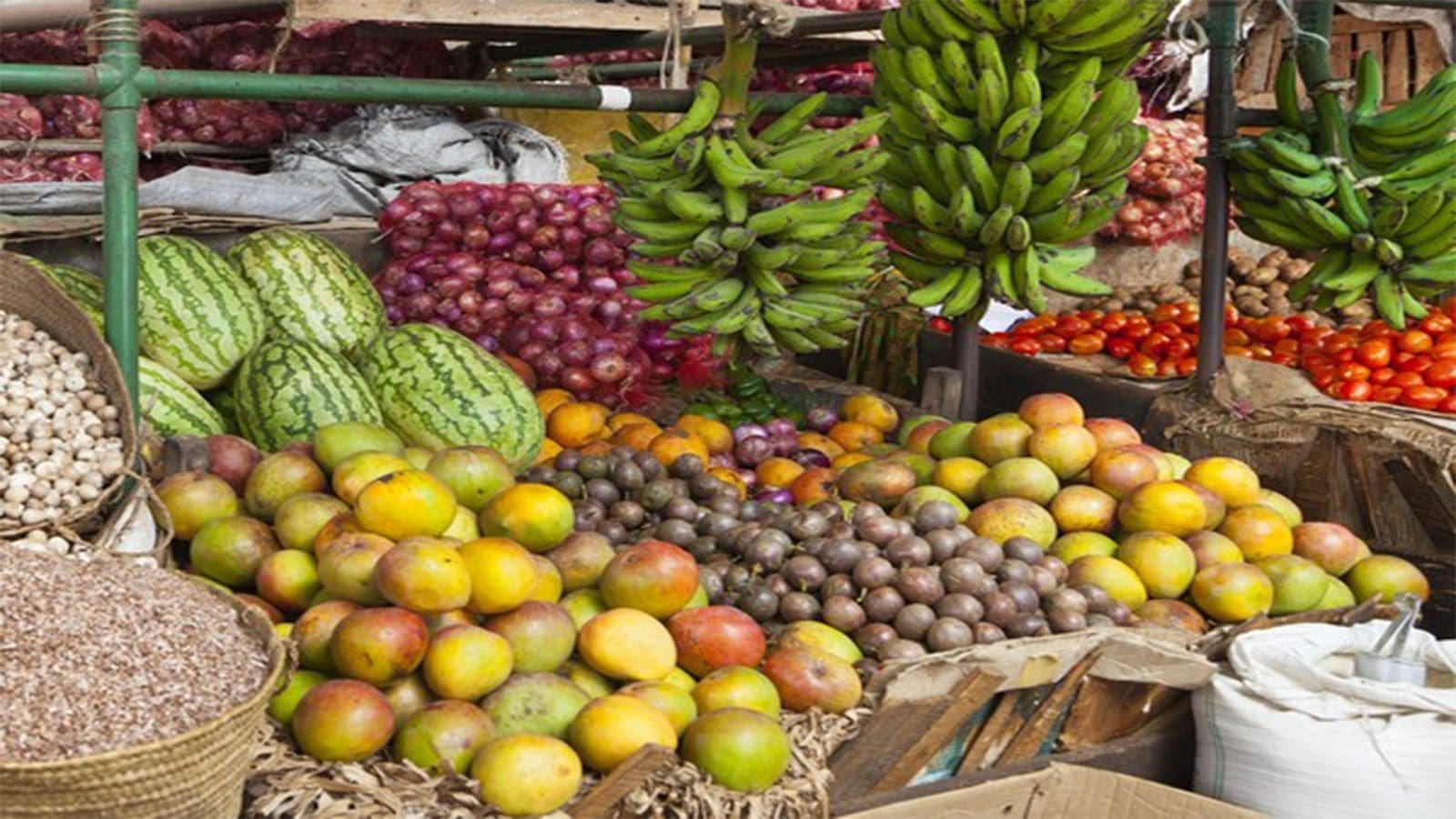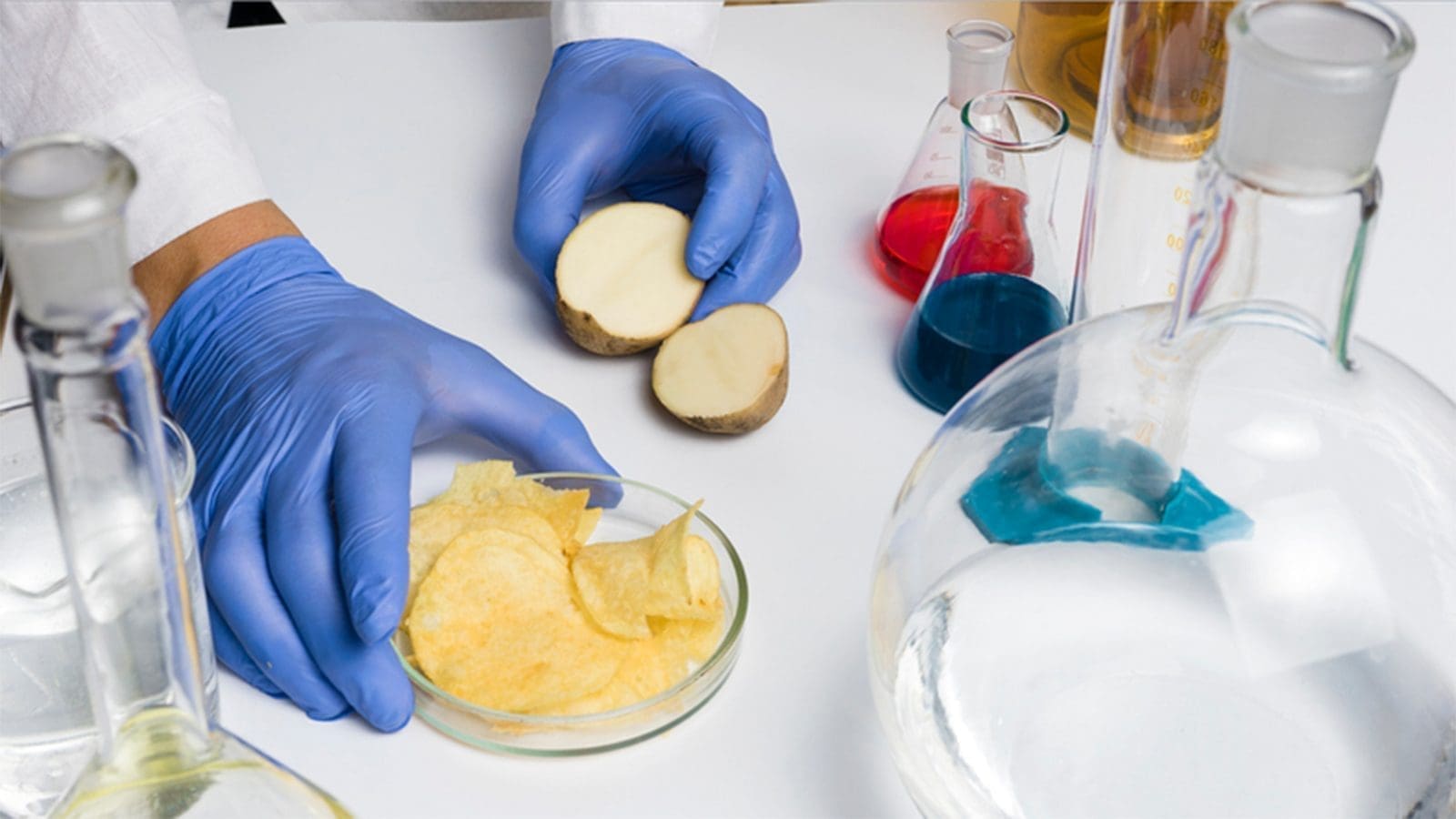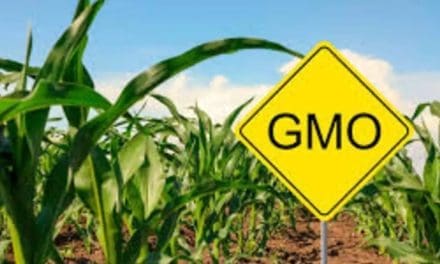KENYA – French-based inspection and Accreditation Company Bureau Veritas in conjunction with the Fresh Produce Consortium of Kenya (FPCK) have organized a meeting to create awareness and promote food safety along the agriculture value chain.
According to the Agriculture Cabinet Secretary Mithika Linturi, a Kenyan Standard known as KS 1758: 2015 & KS 1758: 2016 addressing food safety and traceability along the agriculture value chain for fresh produce was recently established through the Horticultural Crops Directorate HCD), Kenya Bureau of Standards (KEBS), and other stakeholders.
The partnership between FPCK and other strategic partners, such as USAID and Bureau Veritas, among others, has launched programs from which producers, farmers, supermarkets, groceries, county markets, consolidators, pack houses, and exporters will benefit through knowledge transfer and assistance in KS 1758 Standard implementation.
He noted that this will improve product quality and safety as well, encouraging more trade on both the home and foreign markets.
He encouraged additional farmers and stakeholders to adopt the KS 1758 Standard and praised Bureau Veritas for this year’s certification of nine individual producers and one group of farmers to the standard.
The Food Policy and Food Safety Bill was developed by the Ministry in collaboration with agricultural stakeholders as part of a plan to improve local food safety, according to Harry Kimtai, Principal Secretary of Livestock.
He stated that the essential stakeholder engagement for the food policy has been completed, and it will shortly be submitted to the cabinet.
“We have already prepared a cabinet memo which will be presented to the cabinet soon so that the document can be approved,” said Mr. Kimtai.
He noted that the Food Policy and the Bill were driven by the fact that autonomous agencies and silos each regulated food in their own jurisdiction, which had an impact on the country’s ability to work in unison.
According to the PS, the safety bill will establish a National Food Safety Coordinator who will monitor each agency and do follow-ups as the government examines the risk audit.
Ojepat noted that the government’s issuing of the first-ever KS 1758 Standard Certificate ensuring safe food to one farm was a step on the right path and that it is necessary to ensure that the food consumed from farm to fork is safe.
“Since the enactment of the KS1758, 11 open-air markets including Wakulima and Kongowea have adopted it and five more markets will have fully adopted the same before the end of the year,” he said.
Ojepat recognized that there have been difficulties related to weather patterns, but he expressed his happiness that there has been an increase in the number of inquiries from hotels, restaurants, commercial farms, and other outlets.
“So far we have trained 300 different Market Managers as part of ensuring the application of the standards is deepened,” he added.
Ojepat promised that by next year, the narrative surrounding food safety will have totally transformed, resulting in increased trade and fewer incidents of food-related illnesses.
Through the Agricultural Ministry, the government introduced KS1758 in July 2021, a code of conduct for the Kenyan horticultural sector that outlines the hygienic and safety criteria during the production, handling, and sale of fruits, vegetables, herbs, and spices.
For all the latest food safety news from Africa and the World, subscribe to our NEWSLETTER, follow us on Twitter and LinkedIn, like us on Facebook and subscribe to our YouTube channel.








